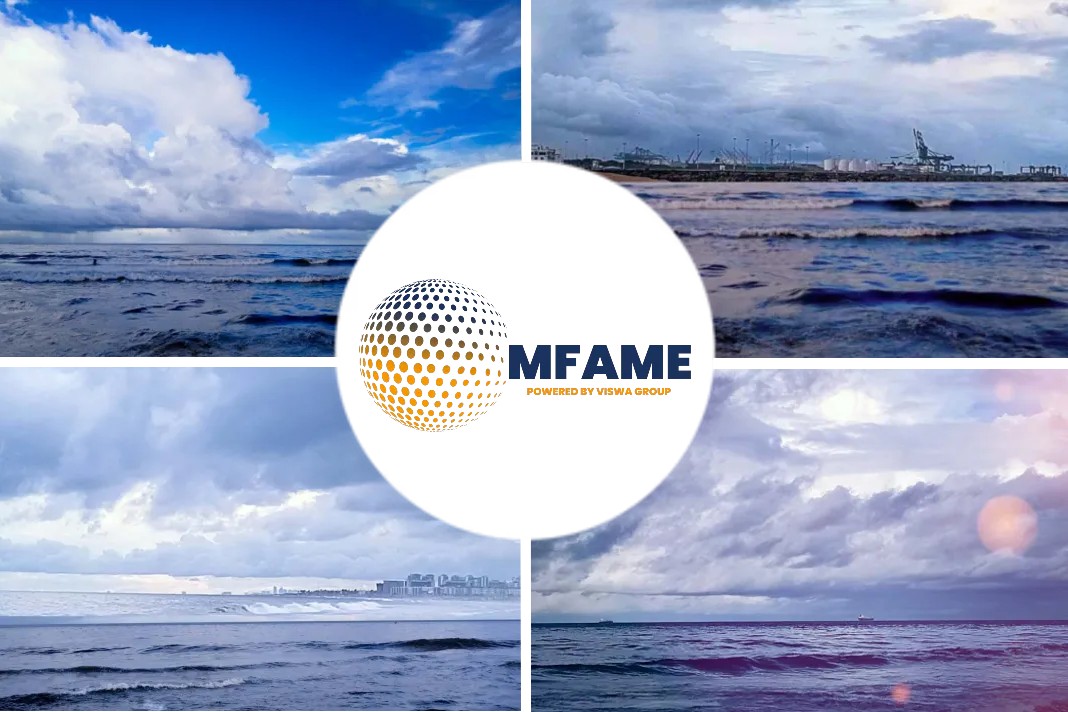- West African crude sellers have been dealt a big blow by key buyer India slowing down its purchases as the COVID-19 pandemic continues to ravage the world’s third-largest oil consumer.
- India’s state-owned refiners typically issue tenders for a large proportion of their crude requirements.
- But with the latest wave of COVID-19 infections in the country still raging, no new tenders have been issued since late April, according to trading sources.
A recent Platts news source by Abdulrhman Ehtaiba reveals that WAF crude sellers scramble for buyers as Indian refiners step back.
Refiners from India
Refiners such as Indian Oil Corporation, Hindustan Petroleum Corp Ltd and Bharat Petroleum Corp Ltd usually buy significant amounts of Middle Eastern and West African crudes through regular tenders.
But the last such buy tender was awarded by HPCL on April 23 for crude loading from West Africa in early June, according to S&P Global Platts data.
IOC last bought crude loading mid-to-late June in a tender that closed April 15. The refiner has since cut run rates across its refineries to an average of 88%, company officials said May 12. The run rate across its nine refineries was 96%-98% in the first half of April.
Indian refineries typically consume a diet of sweet and sour crudes, and the country is the single-largest buyer of Nigerian crude.
Over the past few months, most of the sweet crude requirements have come from Nigeria, where oversupply has forced sellers to offer their oil at relatively economical prices.
Tenders for incremental needs
“Tenders are for incremental needs only. Baseload volume is always Middle Eastern crude and that is secured through term contracts,” said a trader with a South Asian refinery.
Some of its recent purchases have included Nigeria’s Agbami, Akpo, Bonny Light and Forcados, as well as Gabon’s Oguendjo.
Indian refiners also buy WAF crudes through term contacts with producers including Nigeria, Angola, Equatorial Guinea and Gabon.
Recently, Dubai-linked crudes
Recently, Dubai-linked crudes from the Middle East have been made more attractive by a wide spread between the Dubai and Brent crude benchmarks.
Through April and May to date, the front-month Brent-Dubai Exchange of Futures for Swaps or EFS has traded above $3/b, the widest it has been since late 2019.
While this has stemmed the flow of Brent-linked crudes working the arbitrage into Asia to some extent, relatively low differentials for Nigerian crude meant plenty was still bought by Indian refiners, making the country an important outlet for West African crude sellers struggling to compete in a crowded light sweet crude market — one that is now absent, however.
“Three weeks without [Indian Oil Corp.] weighs dramatically on Nigeria. IOC is the biggest Nigerian grades buyer,” a trader said.
“[IOC] skipped the last decade of June [loading window] and now seem to have skipped July 1-10 also,” said a second trader.
Most Nigerian crudes are trading at close to 12-month lows.
Flagship grade Bonny Light was last assessed at Dated Brent minus 80 cents/b, up from a recent low of minus 95 cents/b but still close to the weakest it has been since May 2020.
Akpo condensate, normally a preferred grade for Indian refiners, was last assessed at Dated Brent minus $2.10/b, its lowest level since September 2020.
On the hunt for buyers
Sellers of Nigerian crudes are now seeking other buyers in Asia and Europe as India’s COVID-19 situation remains shrouded in uncertainty amid stringent regional lockdowns and sagging domestic consumption.
Length in the European market as a result of continuous flows of competitively priced WTI Midland from the US could limit the upside for Nigerian demand in the region.
“I think any rise in demand and hence value coming from Europe for Nigerian crude is going to be limited and remain so until the whole market is better balanced. We still have far too much competing light sweet [crude] available in Europe,” one trader said.
Common buyers
In Asia, Indonesia’s Pertamina, Thailand’s PTT and Taiwan’s CPC are common buyers.
Thailand could take more West African crude on the back of high official selling prices issued by Middle East producers and delayed refinery turnarounds due to the ongoing pandemic in the country, sources said.
Refiners in Thailand are likely to postpone refinery downtime initially scheduled for July as the pandemic leads to stricter curbs.
“Due to COVID-19 restrictions, cannot let contractors into the plant,” said a trader with a Southeast Asian refinery.
The opportunity for low-cost Nigerian crude is likely to seem attractive to refiners in Thailand who also need their share of sweet crude for refinery processing.
That demand could help clear unsold June-loading cargoes, with traders estimating around 25-28 Nigerian cargoes unsold in the month as the July trading cycle looms.
S&P Global Platts Analytics
S&P Global Platts Analytics expects India’s oil demand woes to worsen in May but forecasts a slight recovery in the second half of the year. Indian oil demand in April was already down 300,000 b/d on the month, with another likely 365,000 b/d decline expected in May, it said.
“In essence, we expect India’s oil demand for May/June to drop to slightly below the level of July/August last year. Demand in H2 will be 650,000 b/d higher than H1, driven by a pickup in economic activity amid widening vaccination rollout,” it said in a recent note.
However, Platts Analytics expects still expects Indian oil demand to grow by 350,000 b/d in 2021, but still below 2019 levels.
Did you subscribe to our daily newsletter?
It’s Free! Click here to Subscribe!
Source: Platts






















